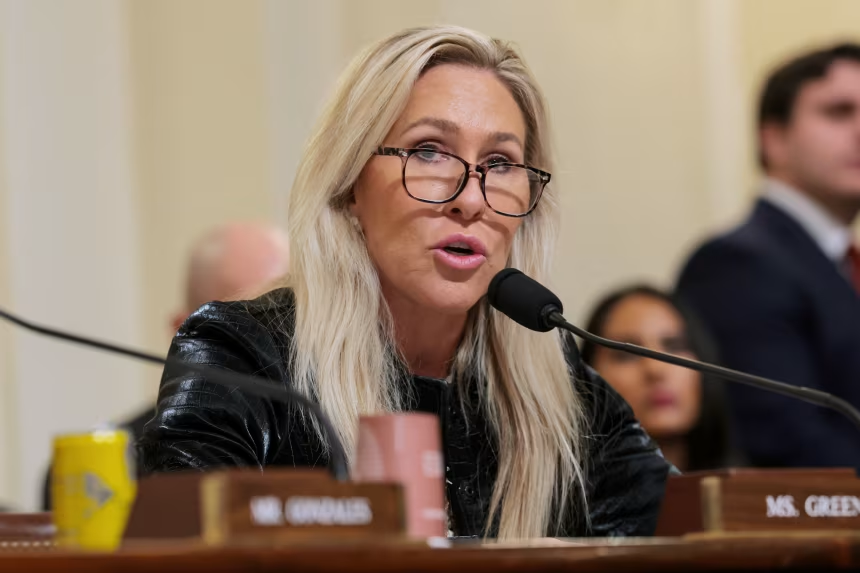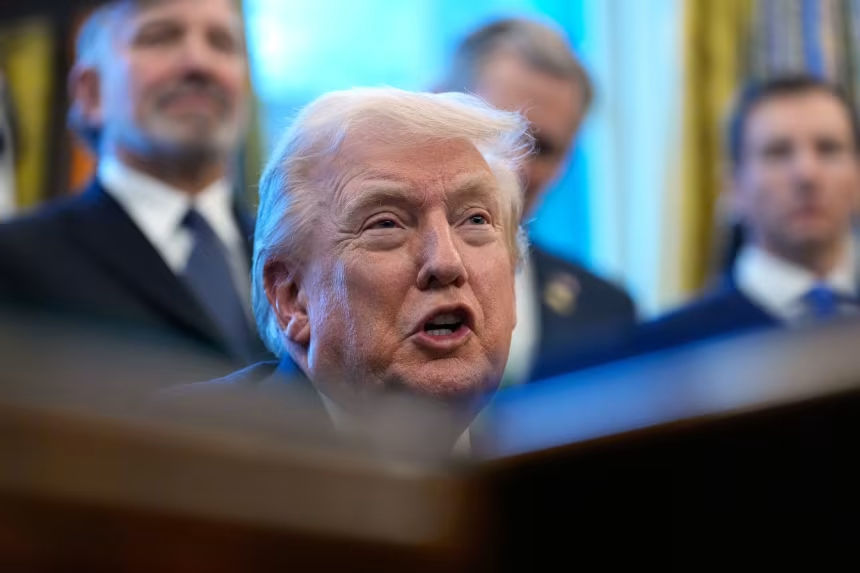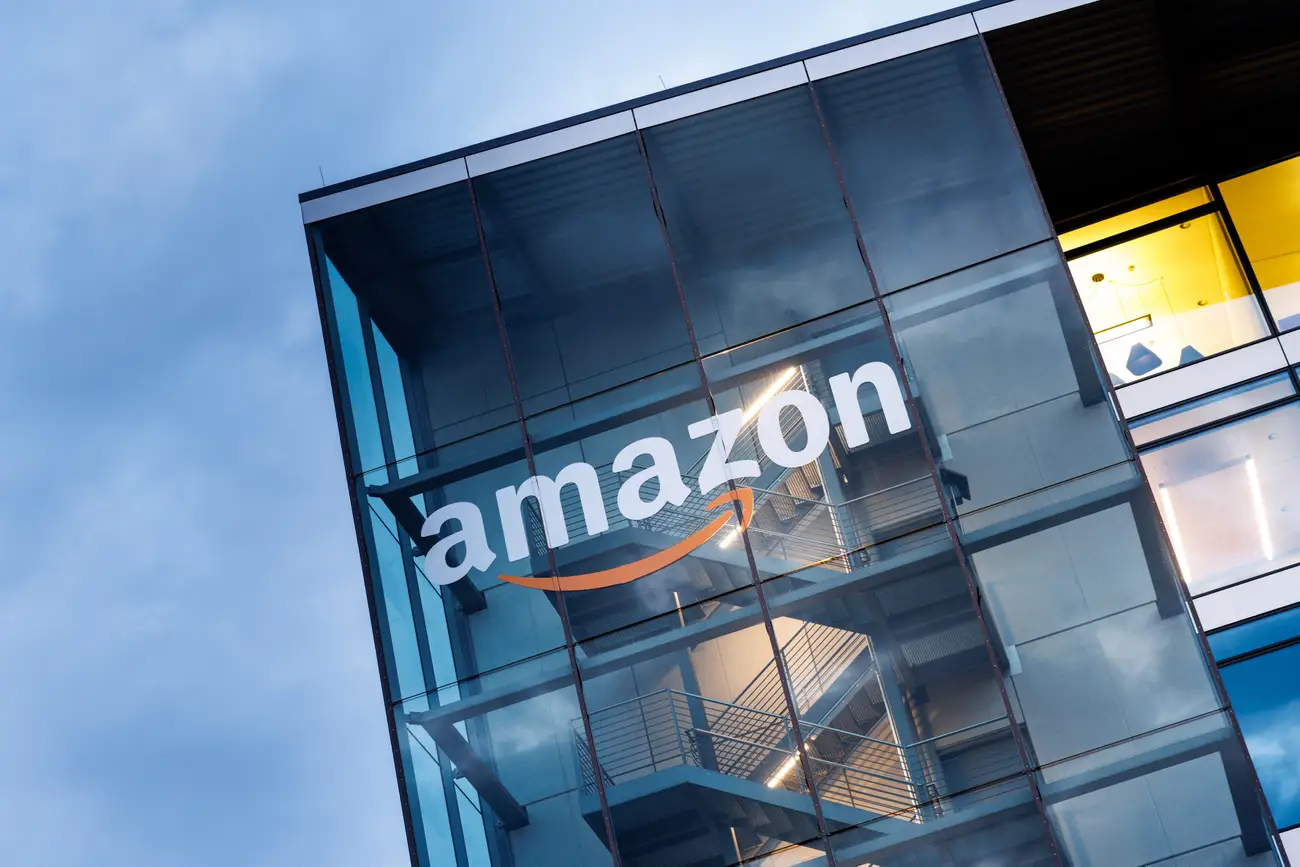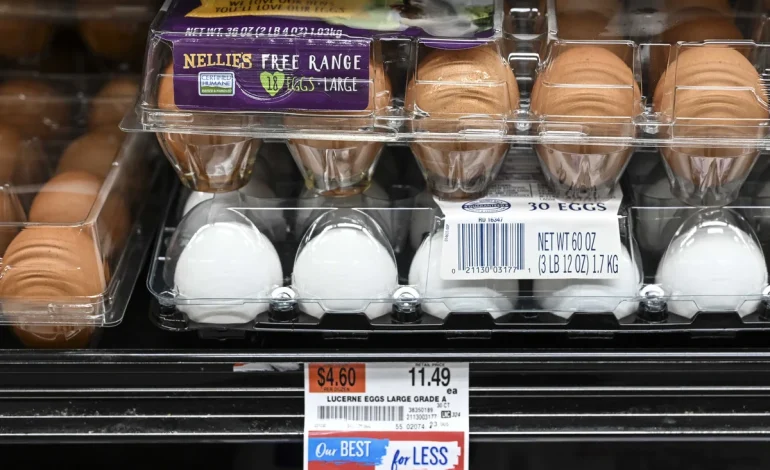Egg prices are beginning to decline after a steep surge earlier this year, offering some relief to consumers. However, grocery shoppers are increasingly resigned to paying more for food and household staples, even as broader inflation has slowed, as per NBC News.
After reaching a peak of $6.55 per dozen in mid-March, average egg prices dropped to $5.45 nationwide by the week ending April 19, according to data from market research firm NIQ. While the decline is notable, eggs remain significantly more expensive than they were a year ago, reflecting a larger trend in grocery pricing.
Market research firm Numerator found that the average price consumers say they’re willing to pay for a dozen eggs has also climbed—to $5.56 as of April, up from $4.90 in January. “This increased willingness to pay over the past few months indicates consumers are growing accustomed to higher egg prices, either consciously or subconsciously,” the report stated.
And it’s not just eggs. A broader basket of groceries continues to inch upward in price, leading many households to adjust their spending. A recent survey by consulting firm KPMG revealed that Americans plan to cut back this summer on discretionary items such as clothing, furniture, and travel, while increasing their grocery budgets. Groceries were one of just two spending categories expected to grow.
The growing strain on household budgets comes as consumer sentiment has taken a hit. In a closely watched survey by the Conference Board, sentiment dropped to a 12-year low, with more Americans expecting inflation to rise again. The annual pace of consumer price increases fell to 2.4% in March, down from 2.8% the month prior—but that was before President Donald Trump expanded his trade war in April.
In response to new tariffs, many consumers have rushed to purchase imported goods, including high-cost items like vehicles, ahead of expected price hikes. Despite White House claims of progress in trade negotiations—particularly with the United Kingdom—shoppers remain wary. Trump has insisted that costs have fallen under his administration, including for groceries like eggs, but analysts and corporate leaders point to the opposite trend.










The latest news in your social feeds
Subscribe to our social media platforms to stay tuned